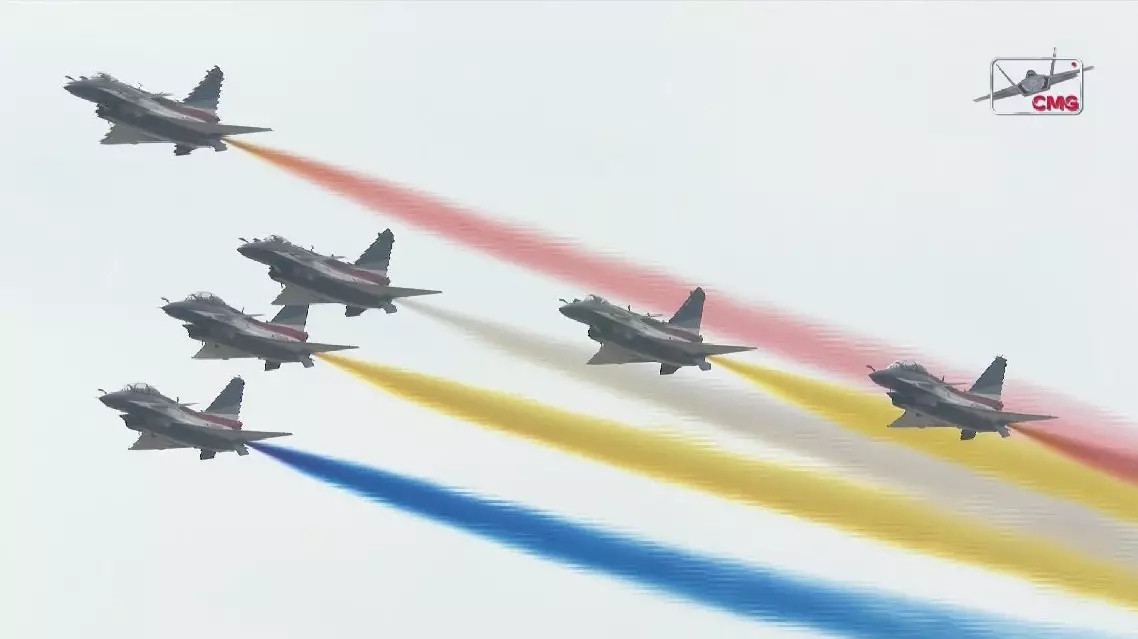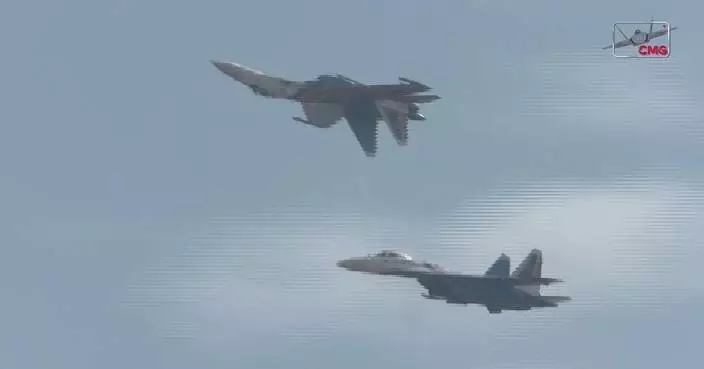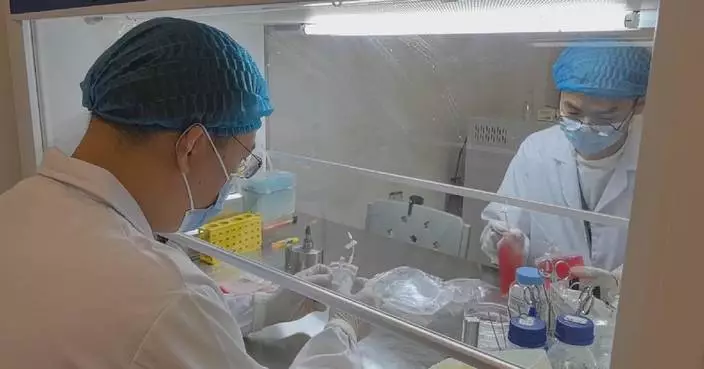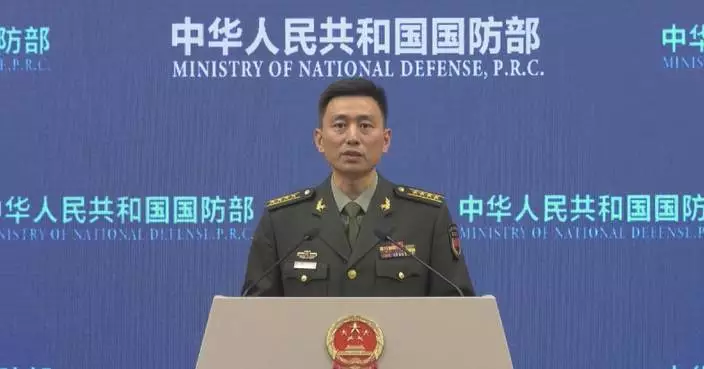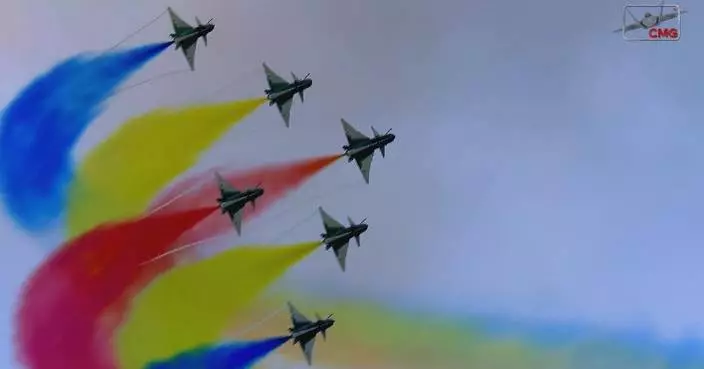Chinese astronauts on Shenzhou-19 will conduct coupled research on effects of magnetic fields and microgravity on fruit flies during their six-month journey aboard China's space station.
This is the first time that China has taken the small insects into space.
The fruit fly is one of the model species frequently used in genetic experiments. It is small, measuring only three to four mm in length, and has a short life cycle with fast reproduction capabilities, enabling it to produce a large number of offspring within a short period.
"This space sub-magnetic fruit fly experiment primarily aims to study the molecular mechanisms of fruit flies in microgravity and sub-magnetic environments, as well as their movement characteristics and whether there are any changes in their biological rhythms," said Zheng Weibo, researcher from Shanghai Institute of Technical Physics, Chinese Academy of Sciences and chief designer of China Space Station Life Ecological Science Experiment System.
According to Zheng, previous fruit fly experiments conducted on space stations primarily focused on the biological effects of microgravity or the effects of radiation. This is the first time that the effects of magnetic fields and microgravity are being studied in a coupled research.
"As we know, magnetic fields have a significant impact on living beings. In the future, during deep space exploration, we will be in a sub-magnetic environment, whereas in low Earth orbit, we are still under the influence of Earth's magnetic field. Therefore, we have created a sub-magnetic environment inside the space station, while also maintaining an Earth's magnetic field environment for comparison this time. Through this space sub-magnetic fruit fly experiment, we have four experimental groups for comparison: sub-magnetic environment and geomagnetic environment respectively under microgravity and sub-magnetic environment and geomagnetic environment respectively in a 1G gravity on the Earth. This allows us to study the combined effects of space microgravity and sub-magnetic fields on living beings and understand their impacts," said Zheng.
Fruit flies are among the scientific experiment payloads carried by Tianzhou-8, a cargo spacecraft that successfully docked with the orbiting Tiangong space station on Saturday, according to the China Manned Space Agency (CMSA).
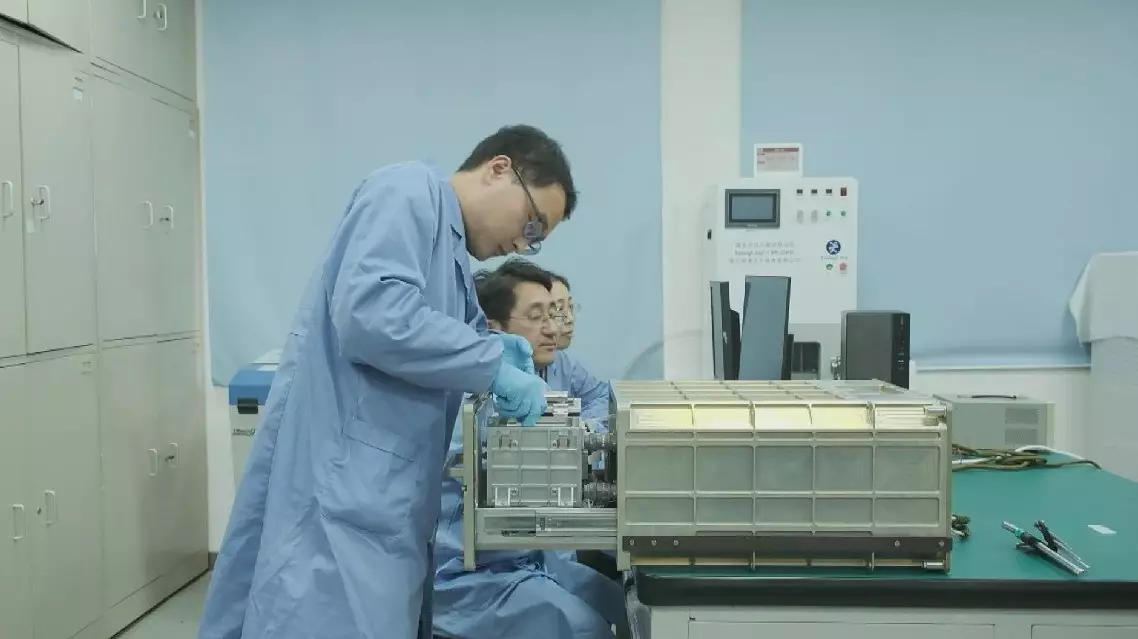
Chinese astronauts to unfold research on effects of magnetic fields, microgravity on fruit flies


